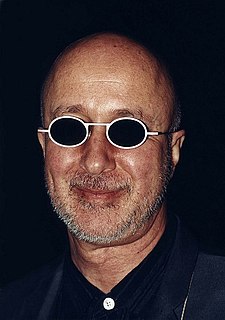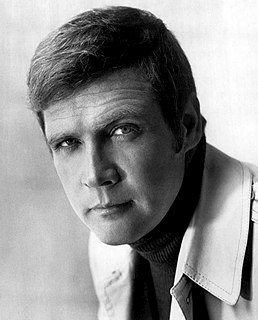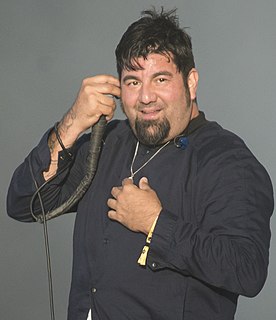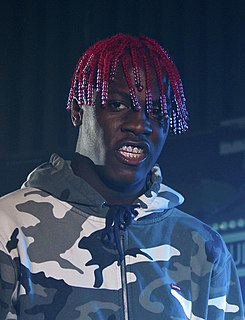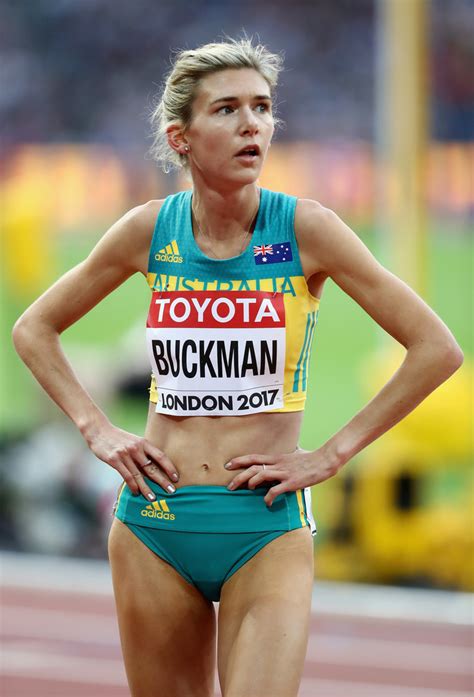A Quote by Paul Shaffer
I don't know why this concept of what is hip became so important to me.
Related Quotes
Hip-hop kind of absorbed rock in terms of the attitude and the whole point of why rock was important music. Young people felt like rock music was theirs, from Elvis to the Beatles to the Ramones to Nirvana. This was theirs; it wasn't their parents'. I think hip-hop became the musical style that embraces that mentality.
If I were to critique myself - step out of KRS objectively and look at him - I would say that KRS has introduced the concept of being hip-hop, not just doing it. The concept of rap as something we do, while hip-hop is something we live. The concept of living a culture. Don't just look at hip-hop as rap music, see it as a culture.
The concept of why is already in the vernacular. It is now a noun. "That company doesn't know their why." "They need to learn their why." "That politician needs to understand his why." We talk about it as a noun. That never existed prior to 2009. That never existed prior to 2006 when I first started articulating it. This is the most amazing thing to me. It has now become a concept. It's part of the way we think about businesses and transactions and decisions.
To me, what's really important about the Green New Deal isn't, like, one of the elements of it: it's the concept. It's the concept that we have a national emergency commensurate with a depression or a war. And then the second part of it, the concept that, in rising to meet that challenge, there's a ton of economic opportunity.
